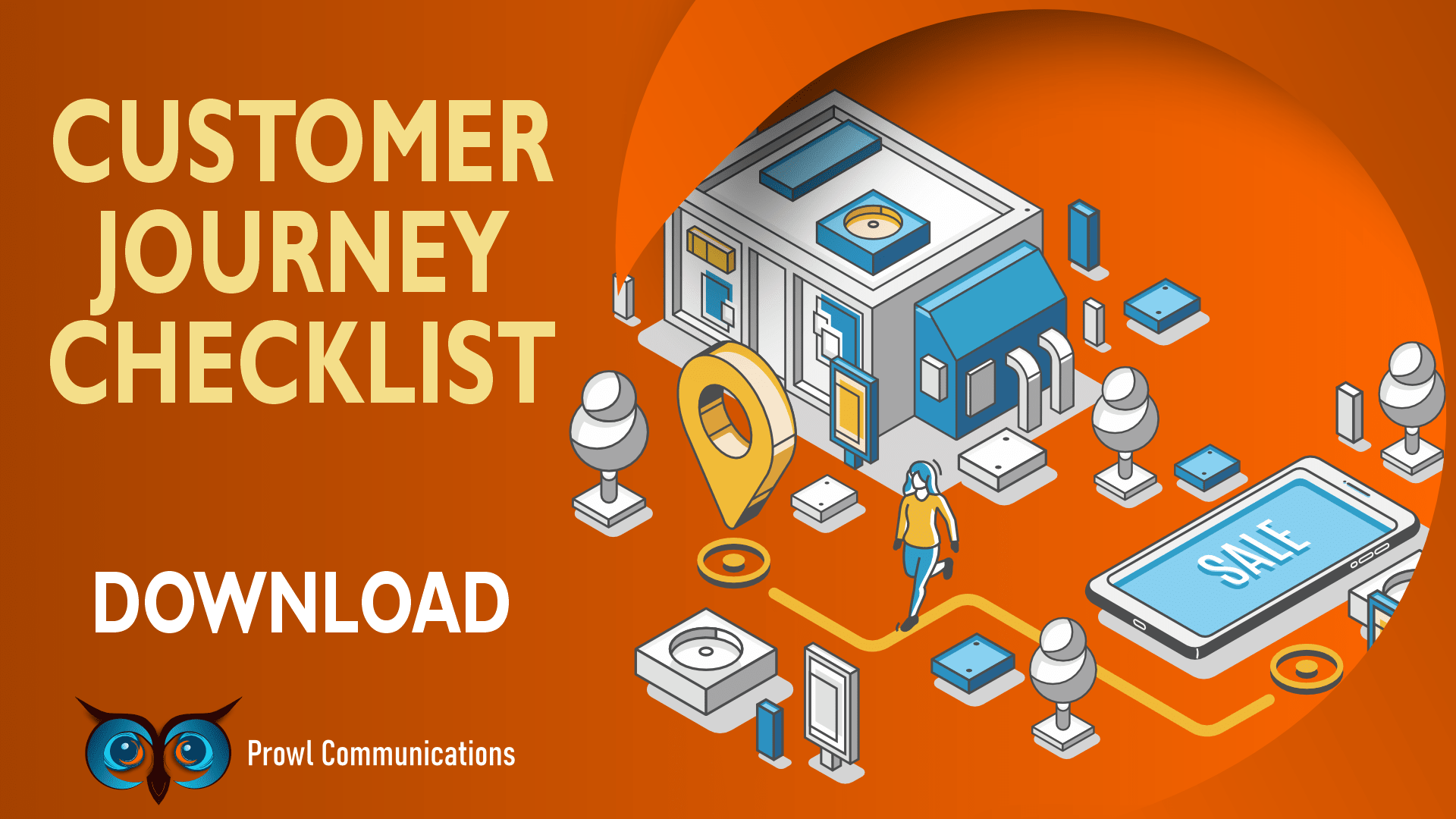
If your business has ever used a virtual assistant, predictive analytics, or email spam filters, you’ve already been leveraging AI. It just wasn’t called that at the time.
Artificial intelligence (AI) has been a buzzword in recent years, sparking both curiosity and fear in businesses across industries. For some, the term brings about images of robots taking over jobs, while others see it as a complex, futuristic technology only relevant to tech giants. The reality is far less dramatic—and far more familiar. If your business has ever used a virtual assistant, predictive analytics, or email spam filters, you’ve already been leveraging AI. It just wasn’t called that at the time.
And yes, we used AI to generate the image for this blog article -- AI isn't the best at spelling when generating text within an image.... Ugh! This morning I was participating in my monthly peer-to-peer advisory group, I said something about AI that triggered quite the conversation about how terrified business owners are of AI - it intrigued me as in reality it has been part of our daily routines, both personal and in business for years... I think Siri has been around since 2011.
Here’s a closer look at how AI is already integrated into tools and processes you likely use every day, and why it’s not as intimidating as it sounds.
AI You’ve Been Using for Years
1. Virtual Assistants: Siri, Alexa, and Google Assistant
If you’ve ever asked Siri to set a reminder, used Alexa to check the weather, or had Google Assistant navigate you to a meeting, you’ve used AI. These tools process natural language (what you say) and respond with relevant information or actions. This technology, known as Natural Language Processing (NLP), has been around for over a decade and powers more advanced tools like ChatGPT today.
2. Email Spam Filters
Every time your email client automatically moves a phishing email to the spam folder, it’s using AI. These systems analyze patterns in email content, sender behaviour, and metadata to predict whether an email is junk. Over time, they learn and improve, ensuring you see fewer irrelevant emails in your inbox.
3. Predictive Text and Auto-Correct
That helpful feature on your phone or email client that suggests words or corrects typos is AI at work. It uses machine learning to anticipate what you might type next based on context and common phrases. Tools like Grammarly, which help refine your writing, also fall under this umbrella.
4. Search Engines
Google searches feel second nature now, but their accuracy and speed are thanks to AI. Google’s algorithms analyze billions of web pages, user search behaviour, and even your past searches to deliver the most relevant results. Features like auto-complete and “Did you mean?” suggestions are AI-driven innovations you probably rely on daily.
5. Online Shopping and Recommendations
Whether you shop on Amazon or browse Netflix, the “recommended for you” section is powered by AI. These algorithms track your preferences, past purchases, or viewing history to suggest products or shows you might like. For businesses, this same AI can be applied to improving customer retention and driving sales.
AI in Business Tools
As a business owner, you might not call it AI, but many of the tools you rely on to streamline operations and improve customer interactions are powered by it:
Customer Relationship Management (CRM) Systems
Platforms like Zoho CRM, Hubspot, and Salesforce have built-in AI capabilities. They analyze customer data to predict buying behaviour, suggest next best actions, or identify at-risk accounts. AI also helps automate tasks like follow-up reminders and report generation, saving you time and keeping your sales pipeline moving.
Marketing Automation
AI tools like Zoho Campaigns or Constant Contact optimize your email marketing. They determine the best times to send emails, segment your audience based on behaviour, and even craft subject lines likely to boost open rates.
Chatbots and Virtual Assistants
Customer service chatbots on your website are another example of AI in action. They answer frequently asked questions, assist customers with navigation, and even handle basic troubleshooting, allowing your team to focus on more complex issues.
Data Analysis and Reporting
AI-powered analytics tools simplify complex data sets. Tools like Zoho Analytics or Google Analytics automatically highlight trends, anomalies, and actionable insights, helping you make data-driven decisions without needing a full-time analyst.
Why AI Isn’t as Scary as You Think
AI isn’t about replacing humans—it’s about making your life easier. By automating repetitive tasks, analyzing data faster, and offering insights you might have missed, AI empowers you to focus on what you do best: running your business.
And the best part? You’re already using it. Whether it’s setting a meeting reminder, organizing customer data, or filtering emails, AI has been quietly improving your workflows for years. ChatGPT and other conversational tools are just the next step in this evolution.
Embrace AI Without Fear
At Prowl Communications, we help businesses like yours integrate AI tools seamlessly into existing systems. From optimizing CRM processes to creating smarter marketing strategies, we focus on making AI work for your unique needs.
So, the next time you hear the term “AI,” remember: it’s not the futuristic unknown. It’s the tool you’ve been using all along, just getting better with time.

